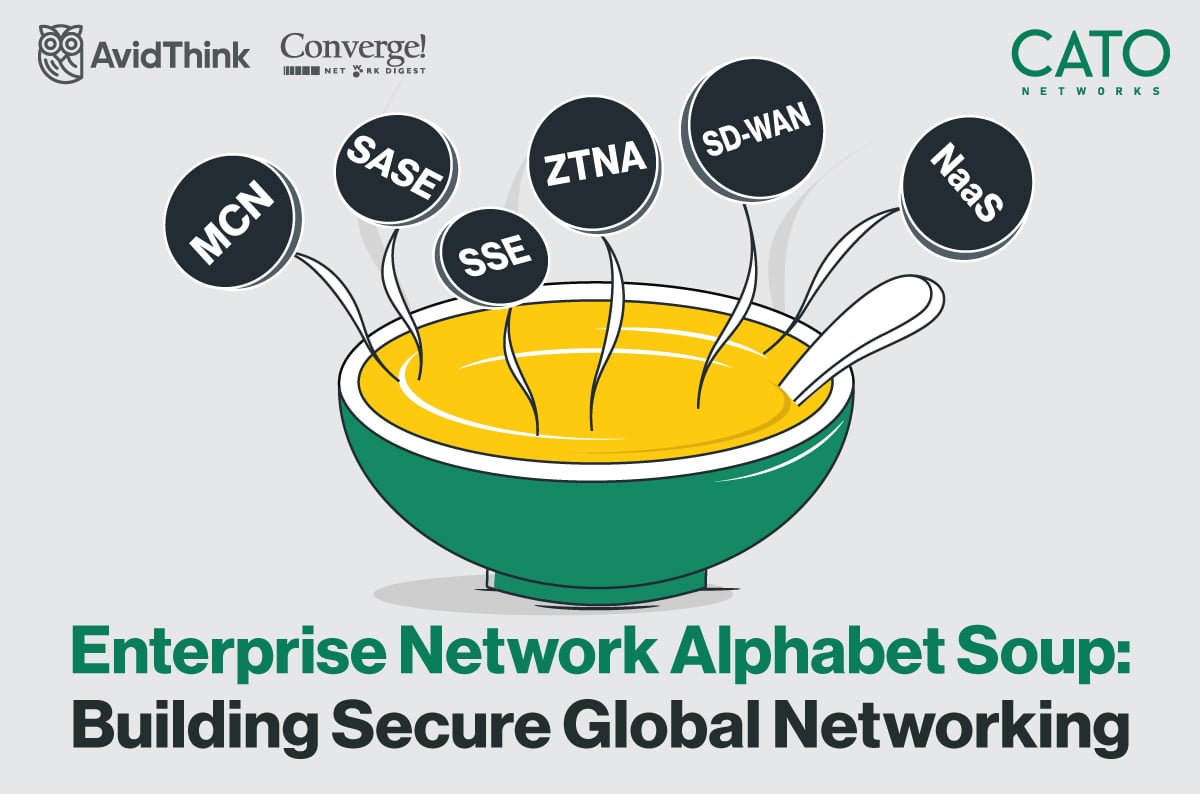What does the rise of quantum computing mean for the cryptography landscape? How will it impact data security protocols currently in place across various businesses? Can companies adapt in time to address the looming security challenges that quantum computing brings? The shift towards quantum computing becomes an inevitable evolution which simultaneously brings forth a myriad of dilemmas with regards to data security.
The crux of the matter lies in a paradoxical quandary. Quantum computing promises superior computational capabilities; however, it also threatens the very tenets of present-day cryptography systems. Albeit in their infancy, quantum computers can potentially render them obsolete, as expressed in landmark studies by Bernstein et al., and Mosca et al. The urgency in the United States to both harness quantum capabilities and safeguard against their potentially disruptive impacts gets escalated based on these intellectual insights. Thus, a robust proposal to solve this impending quandary becomes imperative.
In this article, you will learn about the fine balance American companies need to strike. The narrative will weave through the emerging quantum computing landscape, its implications on data security norms, and the innovative solutions companies are proposing and implementing. The article will aim to provide a comprehensive understanding of the challenge and the respective countermeasures.
In order to understand how companies can effectively address emerging security threats posed by quantum computing, we need to delve into the nature of these challenges, the existing solutions in practice, and the steps that experts advocate for continued data safeguarding processes in the new quantum era. This article plans to provide an overview of these considerations and more.

Definitions: Quantum Computing, Cryptography and Security Challenges
Quantum Computing refers to the use of quantum phenomena like superposition and entanglement to perform computation. It’s a new type of computing technology that has the potential to process complex calculations more quickly than traditional computers. On the other hand, Cryptography is the practice and study of securing communication in the presence of adversaries. It’s a technique used to protect information by transforming it into an unreadable format. Finally, Security Challenges refer to any potential threats or vulnerabilities that pose a risk to the information being communicated, stored or transmitted, particularly in a cyber setting. For companies in the digital age, addressing these security challenges has become a pressing priority and quantum computing is emerging as an influential factor in this area.
Unravelling the Transformation: How Quantum Computing is Redefining Cryptography
The Revolution in Cryptography Driven by Quantum Computing
Quantum computing, an exciting frontier in technology, nudges towards redefining cryptography and thereby, transforming the world of data security. Traditional computers encode data into binary digits (bits), whereas quantum computers operate using quantum bits or qubits that can represent numerous possible combinations of binary data. This ability to process complex and vast amounts of information lays the groundwork for a revolution in cryptography.
Due to quantum computing, we witness an inevitable overhaul in modern-day cryptography systems. Quantum Key Distribution (QKD), an offshoot of quantum computed cryptography, promises pesky interception detection, thereby making eavesdropping exorbitantly tough. Furthermore, post-quantum cryptography (PQC) is another emerging field promising cryptographic algorithms that can withstand quantum computing attacks.
Companies Riding the Quantum Security Wave
Among the companies leading this cryptographic revolution are tech giants like IBM and Microsoft. IBM has been working on quantum computing through IBM Q, its dedicated division focusing on constructing reliable quantum processors. Their Qiskit software serves to bridge the gap between quantum physics and applied computer science, it enables developers and researchers to leverage quantum computing’s immense power to solve complex problems more effectively and quickly.
Microsoft, too, is riding the Quantum wave. Their project ‘Station Q’ aligns with top universities globally to collaborate and build on the promise of quantum computing. Combined, these tech behemoths are shaping the future of quantum-computed cryptography, focusing not just on quantum supremacy but striving to make digital communication more secure and reliable.
- IBM Q, with its specialized Qiskit software, brings quantum physics closer to applied computer science.
- Microsoft’s Station Q, in alignment with top educational institutions worldwide, collaboratively works towards making significant strides in quantum computing and cryptography.
Envisaging the Quantum Future in Security
As quantum computing continues to progress, the rise of quantum-resistant algorithms poses a challenge to traditional cryptographic systems. However, these challenges also present opportunities for significant cybersecurity improvements. Increased computational speed opens new doors for encrypted communication that would be virtually uncrackable. We hence stand on the cusp of a technological revolution, where not just speed, but the quality of security would also be dictated by quantum computing. Today’s era of cyber risks necessitates this shift, demanding more robust and resilient cryptography systems.
Quantum computing, hence, is simultaneously a boon and a bane for cryptography. While it accelerates encrypted data’s vulnerability to decoding, it also presents a solution through quantum-resistant algorithms. In this context, companies are diligently working on converting this potential threat into a golden opportunity to redefine the way we perceive and use encryption technologies. The world has its eyes set on the horizon, waiting for the quantum sunrise that promises to change the cryptography landscape drastically.
Security Frontier: How Companies are Tackling Cryptography Challenges in the Quantum Realm
The Imminent Quantum Risks in Cryptography
Are we prepared for quantum computers to crack our strongest codes? The expanse of secure communication is based on cryptographic systems, which are inherently susceptible to the emerging power of quantum computing. The key existential fear is that quantum computers could decimate the security layers of the current cryptographic systems. This fear is grounded on the ‘quantum supremacy’ potential, a point in technological advancement where quantum computers surpass traditional computers’ capabilities. Given that our digital world relies heavily on encryption for security, the obliteration of current cryptographic methods signifies an imminent threat to corporate data security, online transactions, and sensitive governmental information.
Corporate Wrestles with Quantum Threat
The prospect of quantum computing shattering present cryptographic systems represents a towering predicament. The demands of the digital age mean that vast amounts of sensitive information are now online. Firms count on encryption techniques like RSA (Rivest-Shamir-Adleman) encryption to secure their data. But RSA encrypted data could become an undemanding task for potent quantum computers. The prevailing danger is in the fact that data encrypted today could be stored until quantum computers are equipped with enough power to decode them. This situation calls for the development of quantum-safe cryptography, which can withstand quantum computing attacks.
Pioneering Quantum-safe Solutions
Top technology firms are at the forefront of addressing this security dilemma. Companies like Microsoft and IBM are investing heavily in quantum-proof encryption methods. Microsoft’s Quantum Development Kit embodies this inventive endeavour, providing developers with a state-of-the-art platform for composing, simulating, and debugging quantum applications. On the other hand, IBM’s Qiskit is an open-source framework that empowers developers to create fault-tolerant quantum computers. While the task is enormous, these corporate titans are leveraging their resources to foster quantum-safe solutions, pushing the boundaries of technology to preserve and enhance global data security.
Quantum Computing and Cryptography: An Intricate Dance Towards Secure Computation
Thought-Provoking Questions Surrounding Quantum Computing
Is the cybersecurity landscape ready to face the threats posed by the disruptive power of quantum computing? Innovations make society move forward, but with quantum computing’s rising influence, the security of encrypted data is less assured. Unlike classical computers that use binary digits (bits), quantum computers leverage the power of qubits – subatomic particles that can exist in multiple states at once. This means a quantum computer, once operational, could potentially crack traditional cryptography systems in a fraction of the time it would take a classical computer, rendering our current security measures ineffective. The critical question is, are we prepared to adapt and revamp our methods to avert this electronically apocalyptic time bomb?
The Dilemma with Quantum Computing Advancement
The principal problem as highlighted above lies in the vulnerability of our current cryptographic systems. Almost all secure online communications today use RSA or ECC algorithms, both of which are based on the hardness of factorization or discrete logarithms – cryptographic pedestals which are easily shattered under the might of quantum computers. These quantum beasts could decipher our seemingly secure cryptographic locks at an alarming speed. Worse still, encrypted data intercepted today could be stored and then easily cracked open once a quantum computer becomes fully operational. This looming crisis has given rise to the dire need for appropriate countermeasures.
Pioneering Quantum-Resistant Cryptography
Emblematic examples leading the charge in quantum-resistant cryptography are lattice-based protocols, multivariate, hash-based, and code-based cryptosystems. The likes of Microsoft, Google, and IBM are standing at the forefront to develop practical, commercially viable quantum-resistant cryptographic methodologies. For instance, Microsoft’s ‘Picnic’ library is a promising lattice-based signature scheme, robust against quantum attacks. IBM, on the other hand, offers its Qiskit development platform for creating and running programs on quantum processors and simulators. Google remains focused on developing post-quantum algorithms such as NewHope and SIKE to fend off potential threats from quantum computers. By pioneering these proactive innovations, these companies are leading the call to action, heralding a new era of quantum resilience and fortifying the world’s cryptographic infrastructure against possible quantum-induced vulnerability.
Conclusion
Could we be on the brink of a significant paradigm shift where quantum computing dramatically alters the landscape of cybersecurity? Undeniably, with the advent of quantum computers, we are virtually entering uncharted territory. Traditional cryptosystems known for their safeguarding prowess are rendered vulnerable. Hence, companies should not only track advancements in quantum computing but also devise robust contingency plans to fortify their cryptosystem structures. The urgency of this cannot be overstated, given the evolving nature of security threats, both known and unseen, that lurk in the digital ecosystem.
We encourage our dedicated readers to stay updated with our blog, where we dissect such paramount topics and assist in navigating the often complex and perplexing world of technology. Here, we strive to keep you well-informed about emerging developments and accelerating evolutions in technology. We consistently cover a wide range of topics, including the rapidly transforming landscapes of quantum computing, cryptography, and cybersecurity, among others. Our commitment lies in keeping you well-versed with the technology of today and possibilities of tomorrow.
Indeed, in this era of rapid technological acceleration, it is tremendously exciting to anticipate what the future holds. As we continue to strive to illuminate the sometimes foggy path ahead, we ask that you stay tuned for our upcoming posts. We explore the intricate and fascinating world of quantum computing and its implications on cryptography in further depth in our future releases. Together, we will delve deeper into the labyrinth of quantum computing, where we will expose the unseen challenges and unravel solutions that the future may hold.
F.A.Q.
FAQ Section
1. How might quantum computing impact the field of cryptography?
Quantum computing has the potential to radically transform cryptography by efficiently solving complex computations that are almost impossible for normal computers. In this way, it may threaten traditional cryptography systems by breaking encryption keys and codes that secure digital information.
2. What are the security challenges that arise from quantum computing?
Quantum computing might expose vulnerabilities in current cryptographic infrastructure, possibly enabling unauthorized access to sensitive data. The speed and computational power of quantum computing may quickly break down traditional encryption methods, such as RSA and ECC.
3. How are companies addressing the security challenges posed by quantum computing?
Many businesses are investing in quantum-resistant algorithms and exploring advances in quantum cryptography to safeguard their systems. They are also developing new standards and protocols to ensure a secure transition from classical to quantum computing.
4. What does quantum-resistant mean in the context of cybersecurity?
Quantum-resistant refers to cryptographic algorithms that are designed to withstand attacks from both classic and quantum computers. These types of cryptography, also known as post-quantum cryptography, utilize mathematical problems that even quantum computers find hard to solve.
5. What is quantum cryptography and how can it counter quantum computing threats?
Quantum cryptography uses the principles of quantum mechanics to secure communication and encrypt data. With Quantum Key Distribution (QKD), it ensures that any attempt to intercept and read the data changes the quantum state of the system, alerting the communicating parties to the presence of an eavesdropper.


